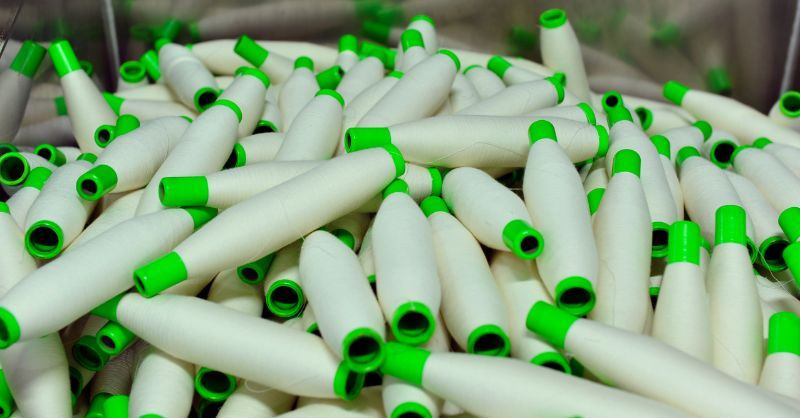Unraveling the World of Spun Yarn Manufacturers: Types, Uses, Properties, and Production
28 May, 2023

In today's ever-evolving textile industry, spun yarn has emerged as a vital component in the creation of various fabrics and garments. Spun yarn manufacturers play a pivotal role in meeting the increasing demand for high-quality yarn across the globe. Let's delve into the world of spun yarn, exploring its different types, applications, properties, and the process behind its production.
Spun yarn, simply put, is a continuous strand of textile fibers twisted together. These fibers can be sourced from natural materials like cotton, wool, or silk, or synthetic fibers such as polyester or nylon. Each type of spun yarn possesses unique characteristics that make it suitable for specific applications.
Cotton yarn, one of the most commonly used types, is known for its softness, breathability, and moisture absorption properties. It is widely utilized in the production of comfortable and lightweight fabrics, including t-shirts, bed linens, and towels. Wool yarn, on the other hand, offers exceptional insulation, making it ideal for cozy winter wear like sweaters and blankets.
Synthetic spun yarns like polyester and nylon offer enhanced durability, strength, and resistance to wrinkles and shrinking. These properties make them suitable for various applications, including sportswear, outdoor fabrics, and upholstery materials. Additionally, blends of different fibers are often created to combine the advantageous characteristics of each fiber type, resulting in versatile spun yarn options.
The uses of spun yarn extend far beyond the fashion and textile industries. It finds application in other sectors such as automotive, medical, and geotextiles. In the automotive industry, spun yarn is used for seat covers, carpets, and interior trims due to its durability and resistance to wear and tear. Medical textiles utilize spun yarn for wound dressings, surgical gowns, and hygiene products, benefiting from its hypoallergenic and sterilization-friendly properties.
Understanding the properties of spun yarn is crucial for manufacturers and designers alike. Yarn properties, such as yarn count, twist, and strength, determine the quality and performance of the final fabric. Yarn count refers to the thickness of the yarn, while twist defines the number of turns per inch. Higher yarn counts result in finer yarns, suitable for lightweight fabrics, whereas lower counts are used for heavier textiles. Meanwhile, the twist affects the yarn's strength and appearance, with a balanced twist being the most common choice.
The production of spun yarn involves several stages, starting with fiber preparation. The fibers are cleaned, sorted, and blended to achieve desired characteristics. Next, the fibers undergo carding, which aligns them and removes impurities. The carded fibers are then drawn into a thin strand and twisted to form the final spun yarn. This twisting process imparts strength and cohesion to the yarn, ensuring its suitability for various applications.
As the demand for spun yarn continues to grow, spun yarn manufacturers face the challenge of meeting market needs while ensuring sustainable production practices. Many manufacturers are adopting environmentally friendly methods, such as using organic or recycled fibers and implementing energy-efficient machinery. This sustainable approach contributes to reducing the environmental impact of the textile industry.
Spun yarn manufacturers play a vital role in the textile industry, catering to the diverse needs of fabric producers and designers worldwide. Understanding the different types of spun yarn, their properties, and applications is essential for creating fabrics that meet the demands of various industries. By embracing sustainable practices, manufacturers can contribute to a more environmentally conscious future while delivering high-quality spun yarn to meet market demands.
TAG(s):
